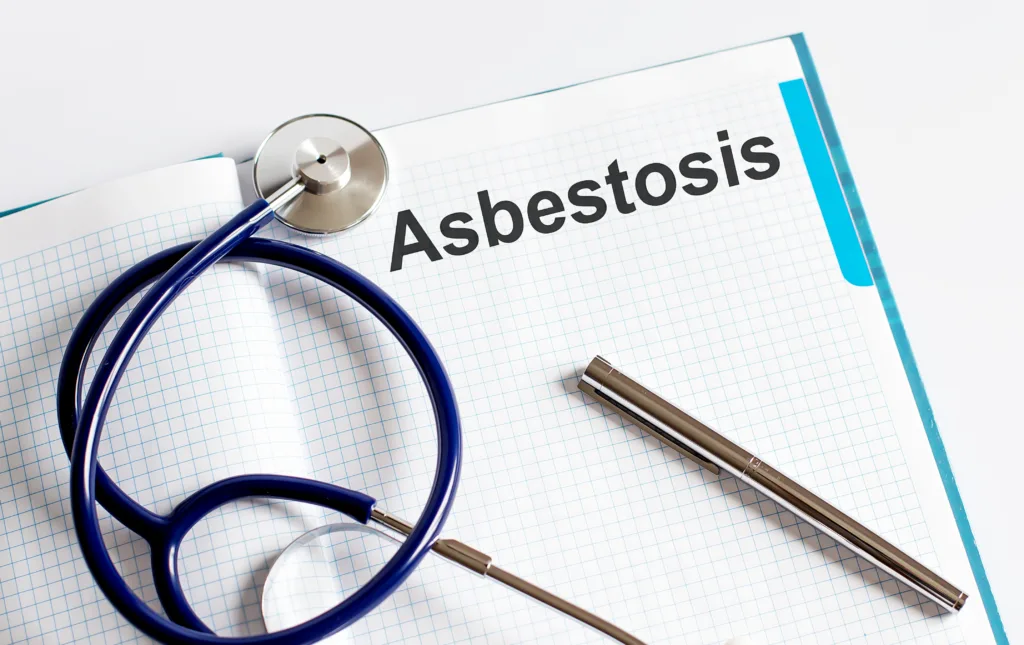Asbestos regulations play an important role in influencing mesothelioma lawsuits. Mesothelioma is a devastating form of cancer primarily caused by asbestos exposure. Governments have implemented strict regulations to control the use and handling of asbestos to protect public health. These regulations have had a direct impact on mesothelioma lawsuits, as they provide a legal basis for individuals suffering from this debilitating disease to seek compensation for their damages.
If you or a loved one has been diagnosed with mesothelioma, it is important to understand the regulations in your jurisdiction and how they can support your lawsuit. Contact an Michigan asbestos exposure attorney near you skilled in mesothelioma cases to discuss your legal options and rights.
The History of Asbestos Regulations
The use of asbestos became widespread during the Industrial Revolution due to its heat-resistant and insulating properties. However, over time, it became apparent that exposure to asbestos particles could have severe health consequences, including the development of mesothelioma. As a result, governments worldwide began implementing regulations to control the use and handling of asbestos.
Early Regulations
The first regulations related to asbestos came into effect in the early 1900s, primarily focusing on the industrial sector. These regulations aimed to minimize workers’ exposure to asbestos in factories, mines, and other industrial settings. As knowledge about asbestos-related diseases increased, governments expanded their regulations to cover a wider range of industries and applications.
National Regulations
In the United States, the Occupational Safety and Health Administration (OSHA) regulates asbestos in the workplace. OSHA has established permissible exposure limits (PELs) for asbestos and requires employers to follow specific guidelines to protect workers from exposure. Additionally, the Environmental Protection Agency (EPA) regulates asbestos in the environment, including its presence in buildings and products. These regulations aim to prevent asbestos-related diseases by limiting exposure and ensuring safe removal and disposal practices.
Other countries, such as the United Kingdom, Australia, and Canada, also have their own regulations regarding asbestos. These regulations typically include restrictions on the import, use, and disposal of asbestos-containing materials (ACMs) and may also outline requirements for safe handling and removal of asbestos.
International Regulations
On an international level, organizations like the World Health Organization (WHO) and the International Labour Organization (ILO) have recognized the dangers of asbestos and have called for global action. The Rotterdam Convention, an international treaty aimed at protecting human health and the environment from hazardous chemicals, includes provisions for the trade and use of asbestos. The convention requires countries to inform each other about their import and export of asbestos and asbestos-containing products.
How Asbestos Regulations Impact Mesothelioma Lawsuits
The implementation of asbestos regulations has had a significant impact on mesothelioma lawsuits worldwide. These regulations have provided a legal framework that allows individuals diagnosed with mesothelioma to seek compensation for their damages. Here are some key ways in which asbestos regulations impact mesothelioma lawsuits:
- Establishing Liability: Asbestos regulations often include strict guidelines for the safe use and handling of asbestos. These regulations impose a duty of care on employers, property owners, and other responsible parties to protect individuals from exposure to asbestos. Suppose it can be proven that a party failed to comply with these regulations and that failure resulted in asbestos exposure and subsequent mesothelioma. In that case, it can establish liability in a lawsuit. This concept is known as negligence per se, which means that proving one has broken a law automatically renders them liable in a lawsuit.
- Setting Standards for Exposure: Asbestos regulations also define safe levels of asbestos exposure, known as permissible exposure limits (PELs). These limits serve as a benchmark to assess whether an individual’s exposure to asbestos was within acceptable limits. Suppose it can be shown that a person’s exposure exceeded these limits due to the negligence or misconduct of a party. In that case, it can strengthen the case for compensation in a mesothelioma lawsuit.
- Documentation and Record-Keeping Requirements: Many asbestos regulations require employers and property owners to maintain records documenting asbestos-containing materials (ACMs) on their premises. These records can serve as valuable evidence in mesothelioma lawsuits, showing the presence of asbestos and potential exposure sources. The documentation requirements make it easier for individuals to establish a link between their mesothelioma diagnosis and asbestos exposure.
- Safe Removal and Disposal Practices: Proper removal and disposal of asbestos-containing materials is vital to prevent further exposure and reduce the risk of mesothelioma. Asbestos regulations outline specific requirements for the safe removal and disposal of ACMs, including the use of licensed professionals and approved techniques. Failure to adhere to these regulations can not only lead to legal consequences but also strengthen a mesothelioma lawsuit by demonstrating negligence or misconduct.
- Public Awareness and Education: Asbestos regulations also play a significant role in raising public awareness about the dangers of asbestos and the risks of developing mesothelioma. By requiring employers and property owners to inform their employees and occupants about the presence of asbestos and the associated health risks, these regulations enable individuals to make informed decisions about protecting their health and seek medical attention if necessary. This increased awareness can also lead to earlier mesothelioma diagnosis, improving the chances of successful treatment and legal action.
Contact a Mesothelioma Lawyer Today
If you or a loved one has been diagnosed with mesothelioma, it is essential to consult with an experienced mesothelioma lawyer. They can provide you with the guidance and legal representation you need to navigate the complex legal process and pursue the compensation you deserve.
A skilled mesothelioma lawyer will have in-depth knowledge of asbestos regulations in your jurisdiction and understand how they impact your case. They can help gather necessary evidence, such as documentation of asbestos exposure and records of non-compliance with regulations, to build a compelling case on your behalf.
Don’t navigate the legal complexities of a mesothelioma lawsuit alone. Contact an asbestos exposure attorney near you who is experienced in mesothelioma cases to discuss your legal options and rights. Seeking an mesothelioma lawyer for assistance is vital to ensure your best chance at achieving a favorable outcome in your mesothelioma lawsuit.



